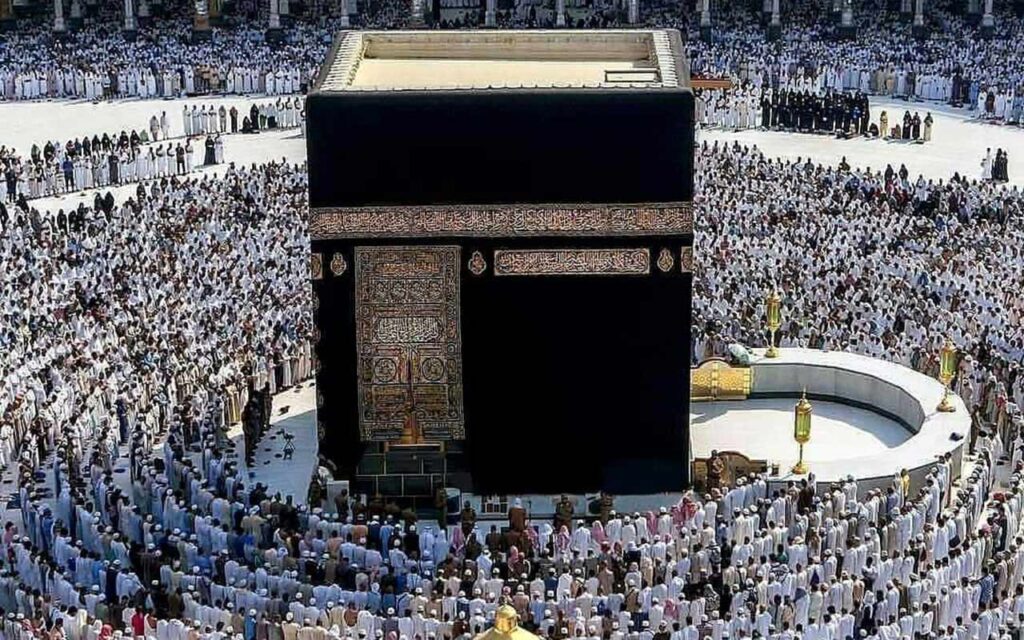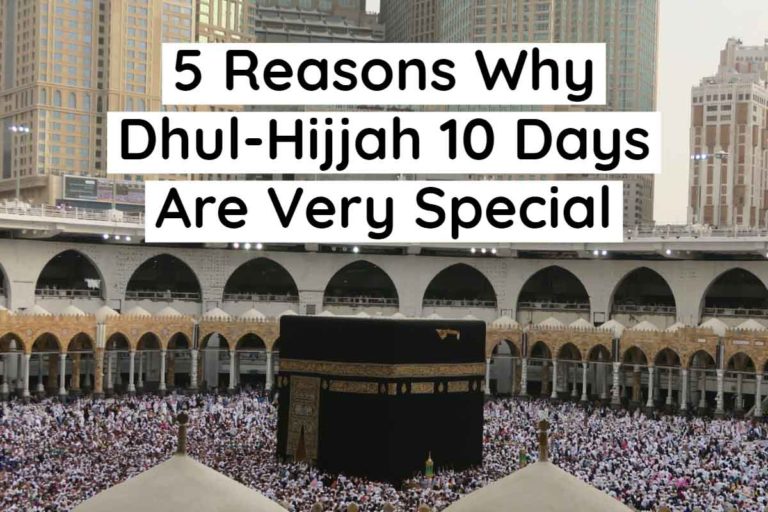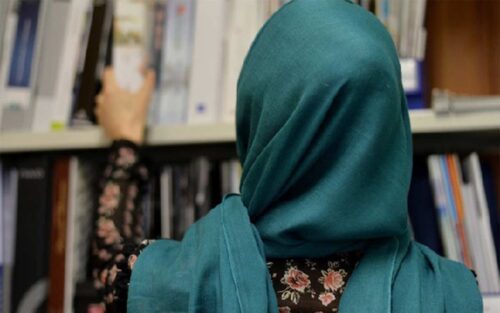One million Muslim pilgrims were converging on Saudi Arabia’s holy city of Mecca on Wednesday for the largest hajj since the coronavirus pandemic severely curtailed access to one of Islam’s five pillars.
Saudi Arabia’s decision to allow some 850,000 Muslims from abroad to make the annual pilgrimage, which begins on Thursday, marks a major step toward normalcy after two years of a drastically scaled-down hajj restricted to Saudi residents.
Those performing the ritual this year must be under 65, vaccinated against the coronavirus, and have tested negative for COVID-19 within 72 hours of travel.
After the coronavirus struck in 2020, Saudi authorities allowed just 1,000 pilgrims already residing in the kingdom to attend, prompting historians to compare the disruption to the site’s storming by religious extremists and dramatic closure in 1979.
The 1 million foreign and domestic pilgrims participating is still far less than the 2.5 million Muslims who traveled in 2019 for the pilgrimage, typically one of the world’s largest gatherings.
Last year, the hajj was similarly restricted to 60,000 fully vaccinated Muslims living in Saudi Arabia. The unprecedented curbs sent shock waves throughout the Muslim world, devastating many believers who had spent years saving up for the religious rite.
The Quran says that all Islam’s followers who are physically and financially able should make the pilgrimage once in their lifetime. Pilgrims travel to Mecca from all over the world for five intense days of worship, carrying out a series of rituals.
The hajj follows a route the Prophet Muhammad walked nearly 1,400 years ago and is believed to trace the footsteps of the prophets Ibrahim and Ismail, or Abraham and Ishmael as they are named in the Bible.








